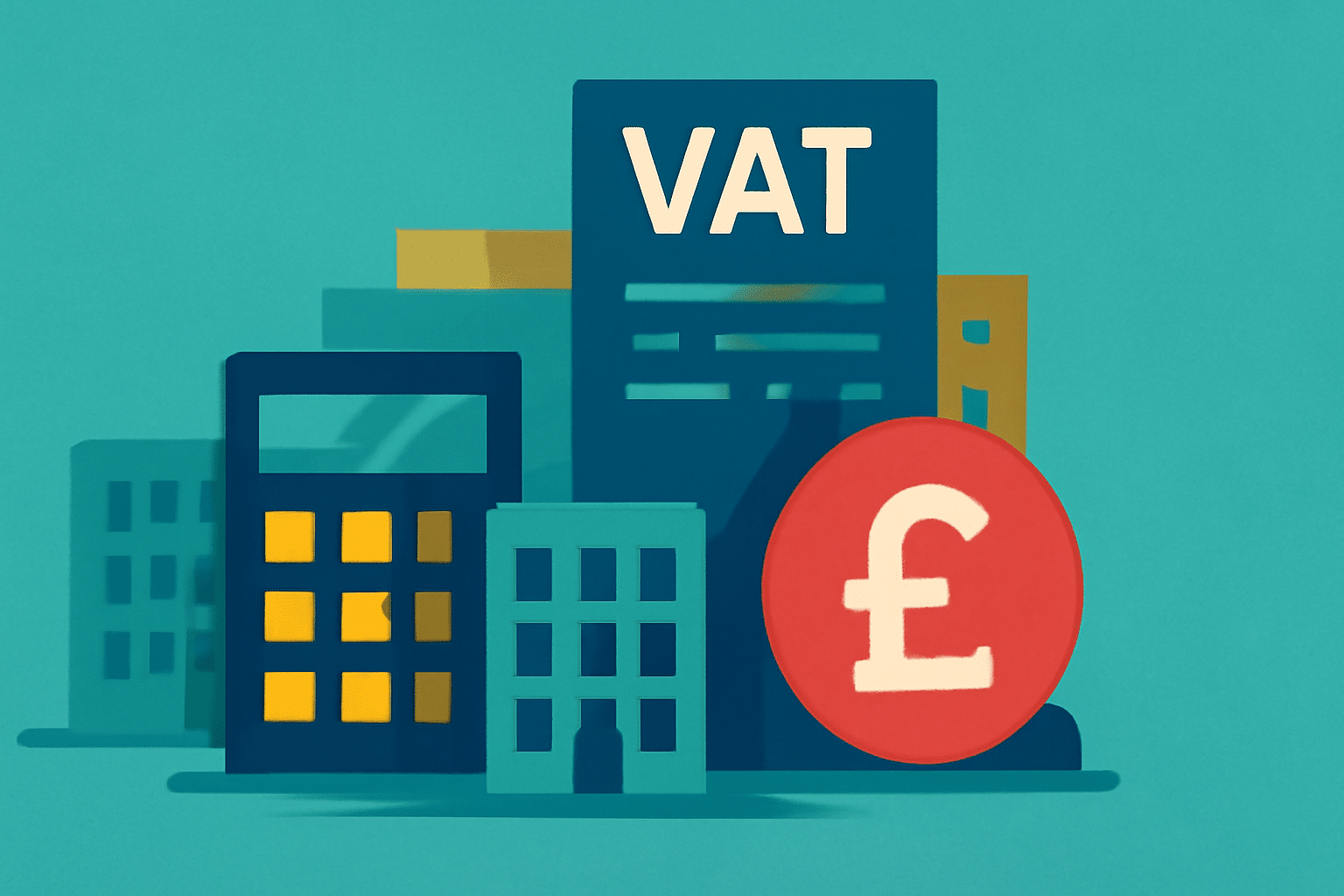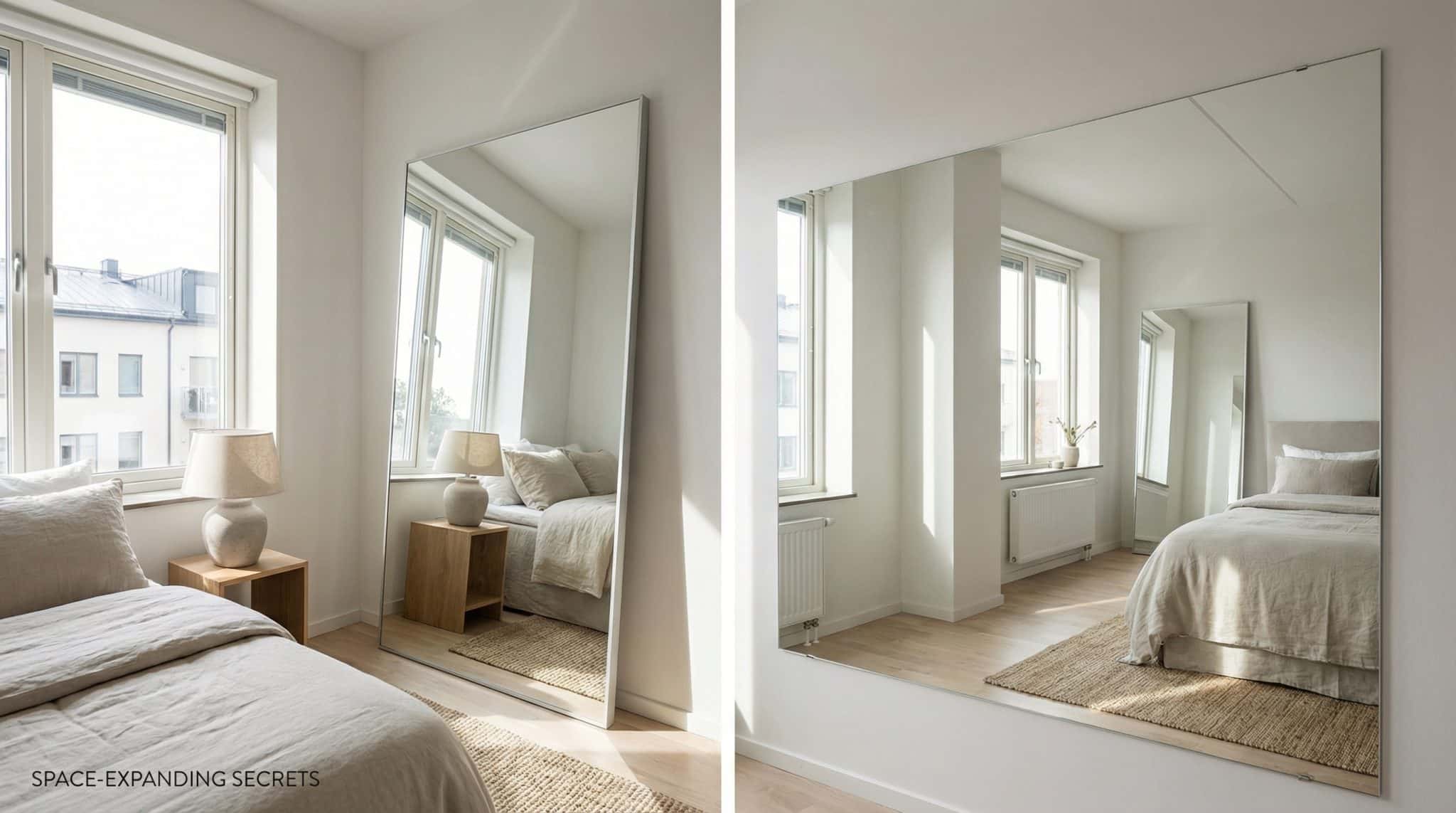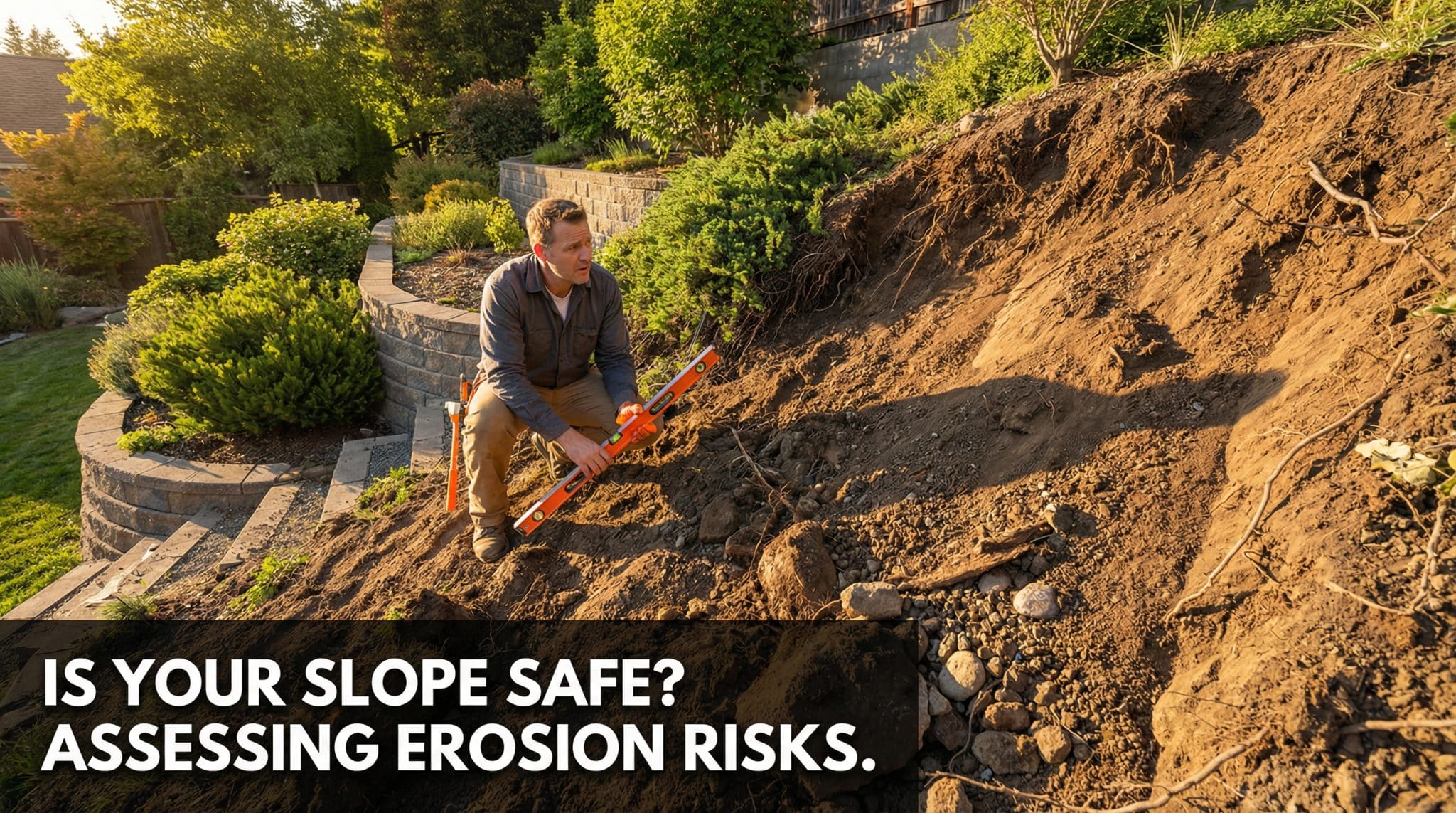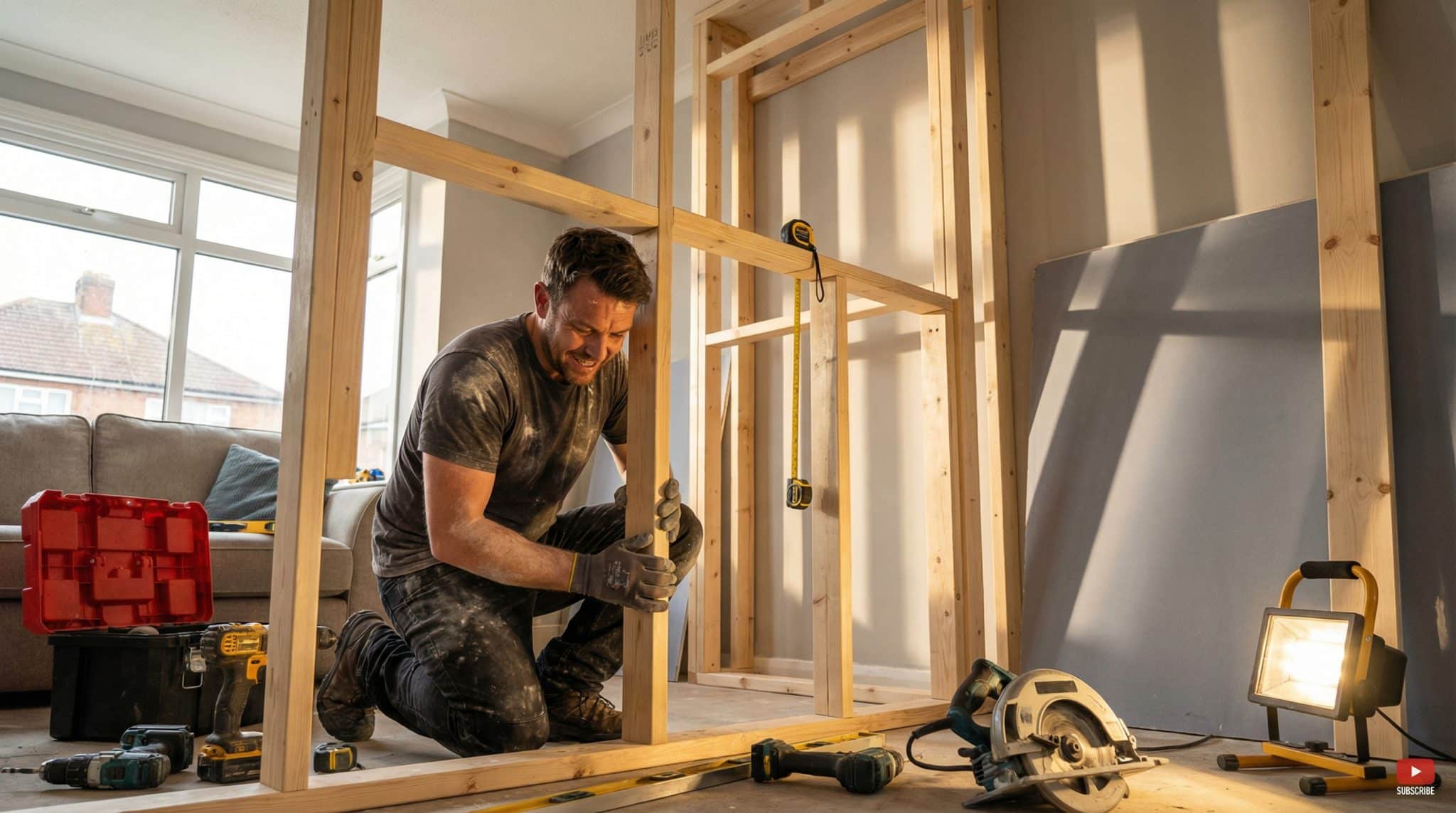Does your business pay VAT on commercial rent? You might be surprised by the answer.
Most business owners assume they’re getting charged VAT on everything. But commercial rent operates under different rules. This confusion costs businesses thousands each year.
VAT affects every business decision you make. From office space to warehouse rentals, understanding these rules matters. The wrong assumption can hurt your budget planning.
Here’s what most people don’t know: commercial rent is subject to specific VAT exemptions. But there are exceptions to these exemptions. Sounds confusing? It doesn’t have to be.
This guide will clarify the mystery surrounding commercial rent and VAT. You’ll learn when you’re required to pay VAT and when you’re exempt from it. By the end, you’ll know exactly what to expect on your next rental agreement.
No more guessing. No more overpaying. Just clear answers.
What are VAT and Commercial Rent?
VAT stands for Value Added Tax. It’s a tax added to most goods and services in the UK. Currently, the standard VAT rate is 20%. Businesses collect this tax from customers and pay it to the government.
Think of VAT as an extra charge on top of the base price. When you buy something for £100, you often pay £120 with VAT included. This applies to most business transactions.
Commercial rent is different from residential rent. It covers business properties like office buildings, retail spaces, warehouses, and industrial units. These properties are used specifically for business operations, not personal living.
Commercial rent usually involves longer lease terms than residential properties. These agreements often span 3-10 years. The rent amount depends on location, size, and property type.
Most commercial leases include additional costs beyond the base rent. These cover maintenance, insurance, and service charges. Understanding these extras helps businesses budget properly for their premises.
The Key Differences:
- Tax treatment – Commercial rent follows business tax rules, not personal tax rules.
- VAT application – Different VAT rules apply to commercial versus residential properties.
- Payment structure – Commercial rent may or may not include VAT depending on specific circumstance.
- Legal framework – Business tenancy laws govern commercial rentals, affecting tax obligations.
- Cost expectations – Understanding tax rules helps predict actual monthly rental costs.
Is Commercial Rent Exempt from VAT?
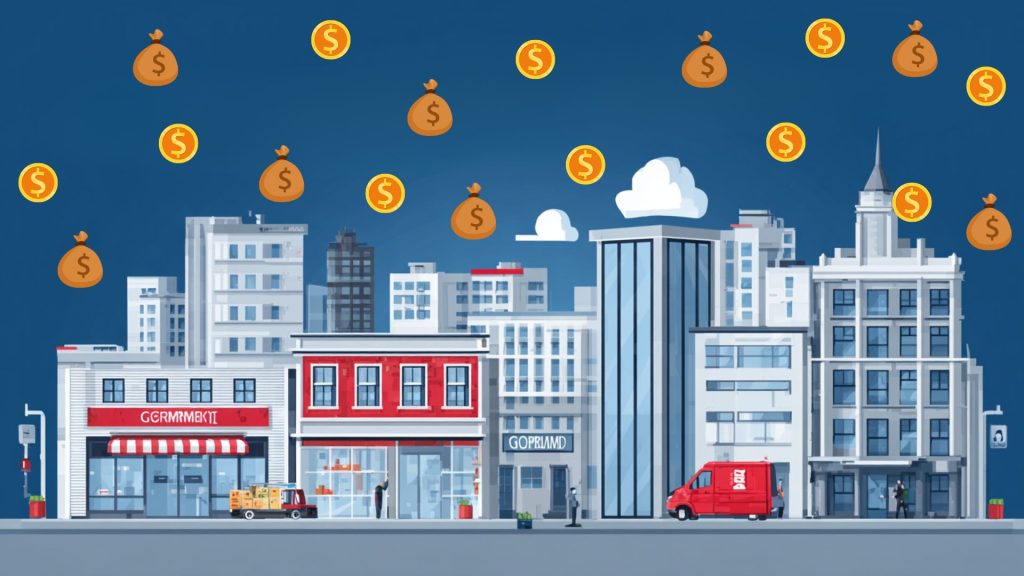
Yes, commercial rent is usually exempt from VAT. This is the general rule that applies to most rental situations in the UK.
When you rent office space, a shop, or a warehouse, you typically don’t pay VAT on top of your rent. This exemption helps keep business costs lower.
The VAT exemption applies to standard commercial property rentals. Most landlords cannot charge VAT on rent payments.
This means if your monthly rent is £1,000, you pay exactly £1,000 – not £1,200 with VAT added. This exemption covers the majority of commercial rental agreements.
However, there are important exceptions to this rule:
- Option to Tax Election – Landlords can choose to charge VAT if they make an ‘option to tax’ election. This is a formal decision that changes their VAT status. Once they make this choice, they must add 20% VAT to all rent payments.
- New Commercial Buildings – Properties less than three years old may be subject to VAT. This affects newly constructed offices and retail spaces.
- Specific Property Types – Hotels, holiday accommodation, and some serviced offices may charge VAT. These are considered different from standard commercial rentals.
- Contract Terms – The exemption isn’t automatic in all cases. Your lease agreement should clearly state whether VAT applies. Always check your rental contract before signing to avoid unexpected costs.
Why Commercial Rent is VAT-Free and Its Business Benefits

Commercial rent VAT exemption exists for good economic reasons. The government designed this policy to support business growth and reduce operating costs. Understanding why this exemption exists helps you appreciate its value to your business.
The exemption creates significant financial advantages for tenants. From immediate cost savings to better cash flow management, businesses benefit in multiple ways. Small and medium enterprises gain the most from this policy.
1. Government Policy Behind the Exemption
The UK government created this VAT exemption to support business growth. Charging VAT on commercial rent would increase costs for all businesses. This policy reduces the tax burden on companies trying to establish or expand operations.
The exemption also prevents double taxation issues. Many businesses already pay business rates on their premises. Adding VAT would create another layer of property-related tax. This policy keeps commercial property affordable for businesses.
Key Takeaway: The government uses VAT exemption as a tool to encourage business investment and prevent excessive taxation on commercial properties.
2. Direct Cost Savings for Tenants
Commercial rent VAT exemption delivers immediate financial benefits. A business paying £2,000 monthly rent saves £400 per month compared to VAT-inclusive pricing. Over a year, this adds up to £4,800 in savings.
These savings help businesses allocate funds to other priorities. Instead of paying extra tax, companies can invest in staff, equipment, or marketing. This flexibility is crucial for business operations and growth planning.
Key Takeaway: VAT exemption on commercial rent can save businesses thousands of pounds annually, freeing up capital for growth investments.
3. Predictable Cash Flow Management
VAT exemption creates stable, predictable rental costs. Businesses know exactly what they’ll pay each month without worrying about tax rate changes. This certainty helps with budgeting and financial planning.
Monthly rent stays consistent throughout the lease term. Companies can forecast their occupancy costs accurately. This stability is essential for businesses managing tight cash flow situations.
Key Takeaway: Fixed rental costs without VAT provide businesses with reliable financial forecasting and improved cash flow management.
4. Special Benefits for Small and Medium Businesses
Small businesses benefit most from commercial rent VAT exemption. These companies often operate on thin profit margins. An extra 20% VAT charge could make prime locations unaffordable.
Medium-sized businesses can use the savings to compete with larger companies. The money saved on VAT can fund business development initiatives. This levels the playing field in competitive markets.
Key Takeaway: VAT exemption particularly helps smaller businesses compete by reducing their overhead costs and improving access to quality commercial locations.
The exemption also helps startups establish themselves. New businesses can access better locations without the VAT burden. This support is vital during the challenging early years of business operation.
VAT Impact on Tenants and Landlords
Understanding VAT from both sides helps create clearer rental agreements.
Tenants need to know when they might pay VAT, while landlords must understand their obligations.
This knowledge prevents disputes and ensures compliance with tax rules.
Both parties have different responsibilities regarding VAT on commercial rent.
Knowing these roles helps avoid confusion and financial mistakes. Here’s what each side needs to consider:
| Topic | Tenant’s Perspective | Landlord’s Perspective |
|---|---|---|
| When Do You Need to Pay VAT on Rent? |
|
|
| Practical Steps to Take |
|
|
| What Happens If VAT Is Charged Incorrectly? |
|
|
This comparison shows how VAT affects different aspects of commercial rent. Both tenants and landlords benefit from understanding these responsibilities. Clear communication prevents costly mistakes and ensures smooth rental relationships.
Conclusion
Commercial rent is generally exempt from VAT, saving businesses significant money each month. This exemption helps companies keep operating costs lower and improves cash flow management. However, exceptions exist when landlords make an ‘option to tax’ election or for certain property types.
Understanding these VAT rules protects your business from unexpected costs. Always check your lease agreement for VAT clauses before signing. If you’re unsure, don’t guess – get professional advice.
VAT mistakes can be costly and time-consuming to fix. Both tenants and landlords benefit from knowing their responsibilities. Clear communication prevents disputes and ensures compliance.
Ready to secure your next commercial property? Consult with a qualified tax professional before finalizing any lease agreement. They’ll help you understand what VAT obligations apply to your situation and ensure informed business decisions.
Frequently Asked Questions
Do I have to pay VAT on commercial rent?
Usually no. Commercial rent is normally exempt from VAT. However, landlords can choose to charge VAT through an ‘option to tax’ election.
Is Commercial Rent Exempt from Gst?
GST doesn’t apply in the UK. Commercial rent is generally exempt from VAT, which is the UK’s equivalent tax system.
What Are the Tax Rules for Commercial Rental Property?
Commercial rent is VAT-exempt by default. Exceptions include new buildings under 3 years old and when landlords elect to charge VAT.
